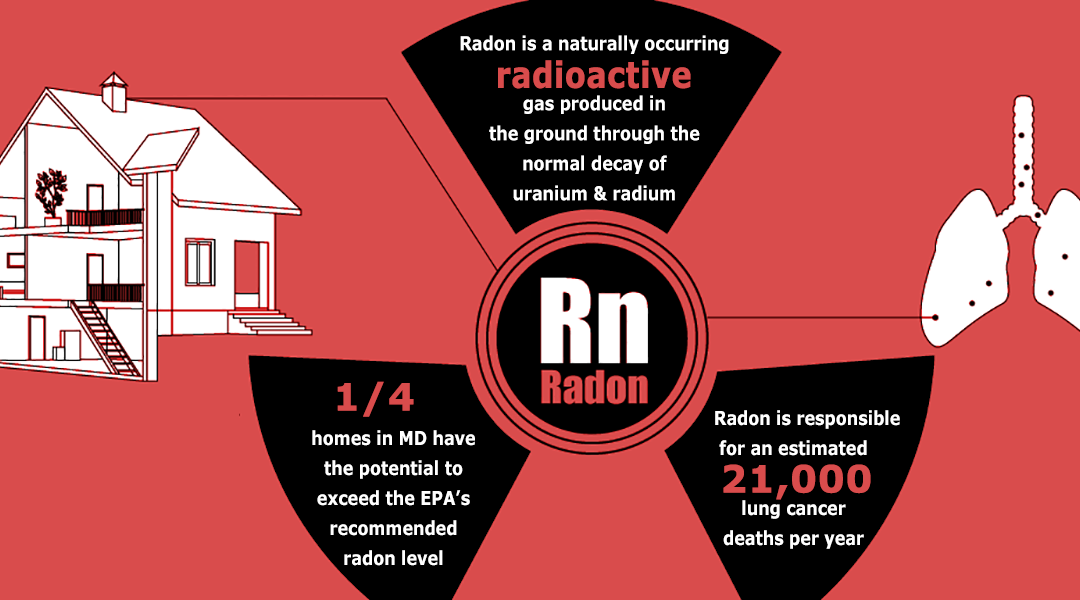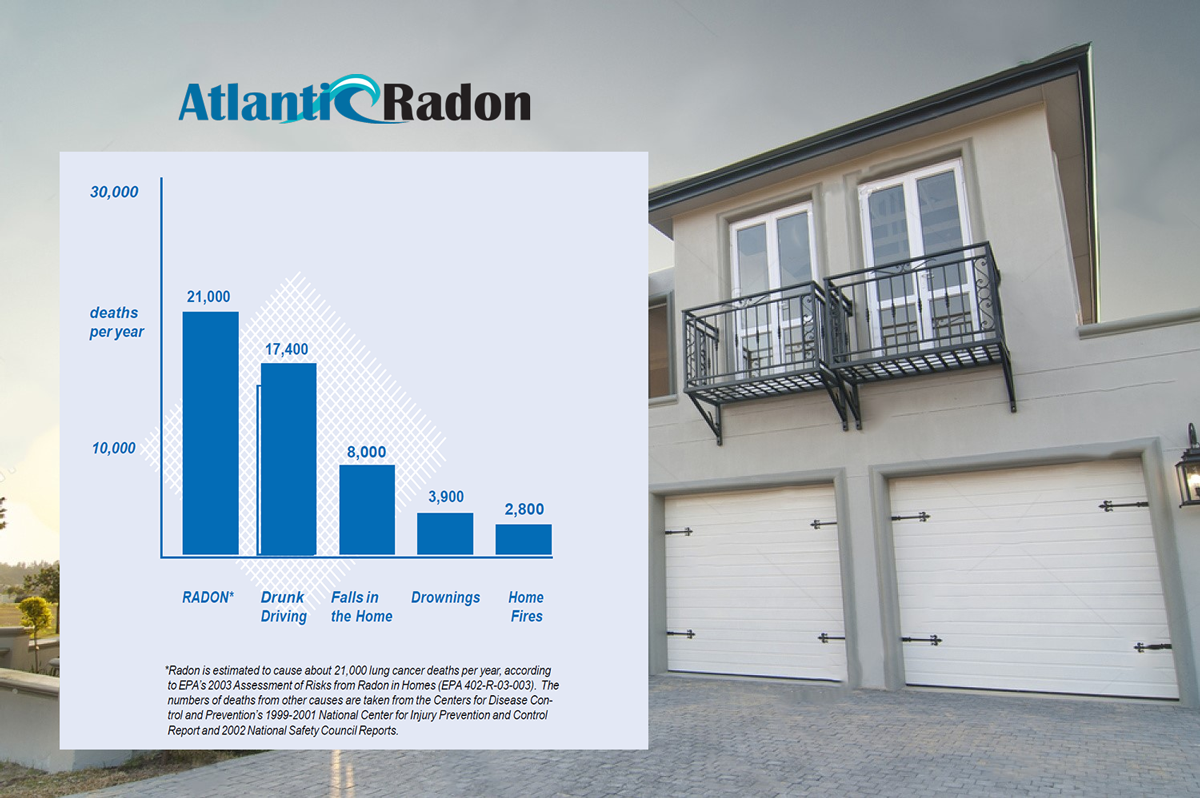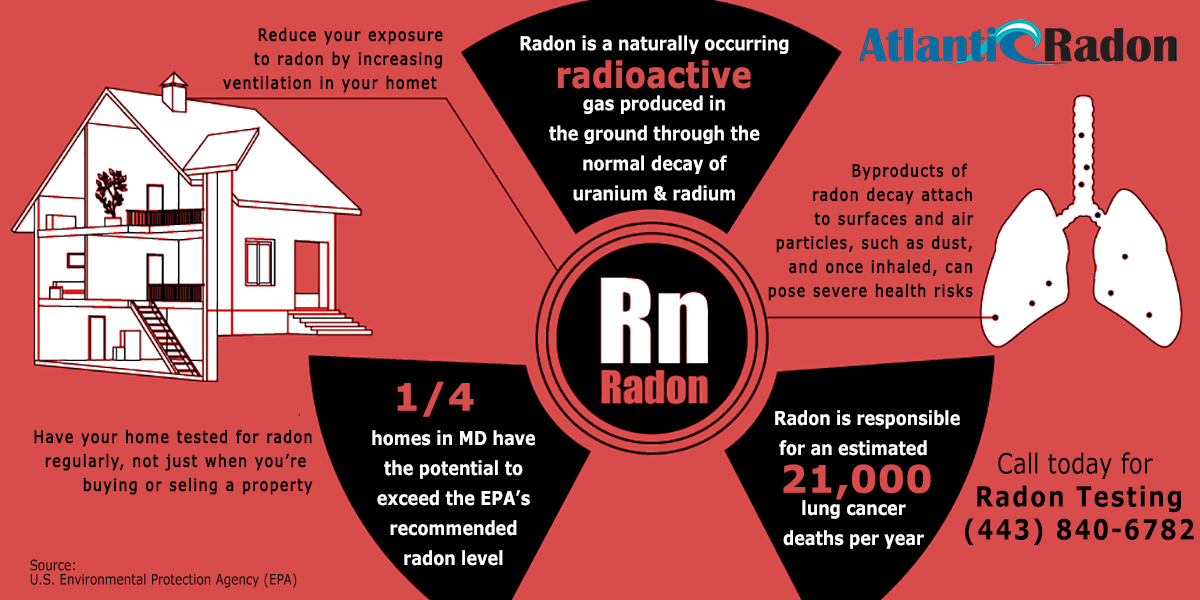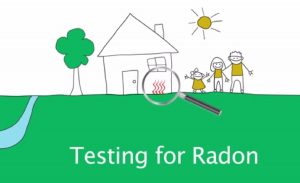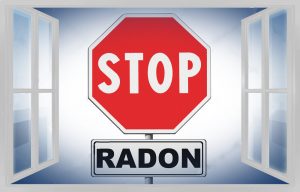Radon is a naturally occurring gas. Besides a well-known association with lung cancer, new studies reported a significant association of radon to hematologic cancers too. Exposure to high levels of residential radon has shown the risk of blood-related cancers such as lymphoma, myeloma, and leukemia in women. Hematologic cancers are the most expensive cancers to treat in the United States with at least 171,000 new cases of hematologic cancer and more than 58,000 deaths. Deaths from radon alone annually are over 21,000 in the U.S.
Radon can deliver significant alpha radiation to the bone marrow than can result in hematologic cancers. Studies found that women living in regions with high radon concentration had a statistically significant 63% higher risk of blood-related cancer compared to those living in regions with low radon levels. However, no substantial study has associated a similar association of radon to blood cancer in men. The studies stated that men have other higher risk factors for developing hematologic cancer other than radon, possibly because of occupational exposure that reduces the impact of any additional risk from radon at home. While women have smaller risk factors attributing residential radon exposure might be a larger contributor to overall risk in developing blood-related cancers. Also, women tend to spend more time at home than men.
Radon is a byproduct of the natural decay of radium and thorium. It is tasteless, odorless, and invisible to the eye. It is usually trapped beneath our house basement flooring or foundation. It escapes to our living areas because of cracks or holes in our house basement flooring or foundation. The level of radon at home increases as you get nearer the ground. It is recommended to allow enough airflow in closed living spaces by opening windows or doors on schedule. Radon mitigation starts with radon testing by a professional radon inspector. Getting a certified contractor to check your radon level at home is necessary to ensure accuracy. The frequency of radon testing varies and is usually based on the location and quality of the soil the house is built-in.
Regular radon testing and radon mitigation by professional radon inspectors are needed especially in areas with a high concentration of uranium, thorium, and radium. At Atlantic Radon, we provide quality radon testing and radon mitigation services. Keep your family safe from Radon. You can schedule a radon testing in Annapolis, Columbia, Crofton, Ellicott City, Gaithersburg, and Severna Park, MD with us. It is important to make sure your home is safe from radon. To learn more about radon testing in Annapolis, Columbia, Crofton, Ellicott City, Gaithersburg, New Market, Severna Park, and Urbana, MD fill out our contact form today.

